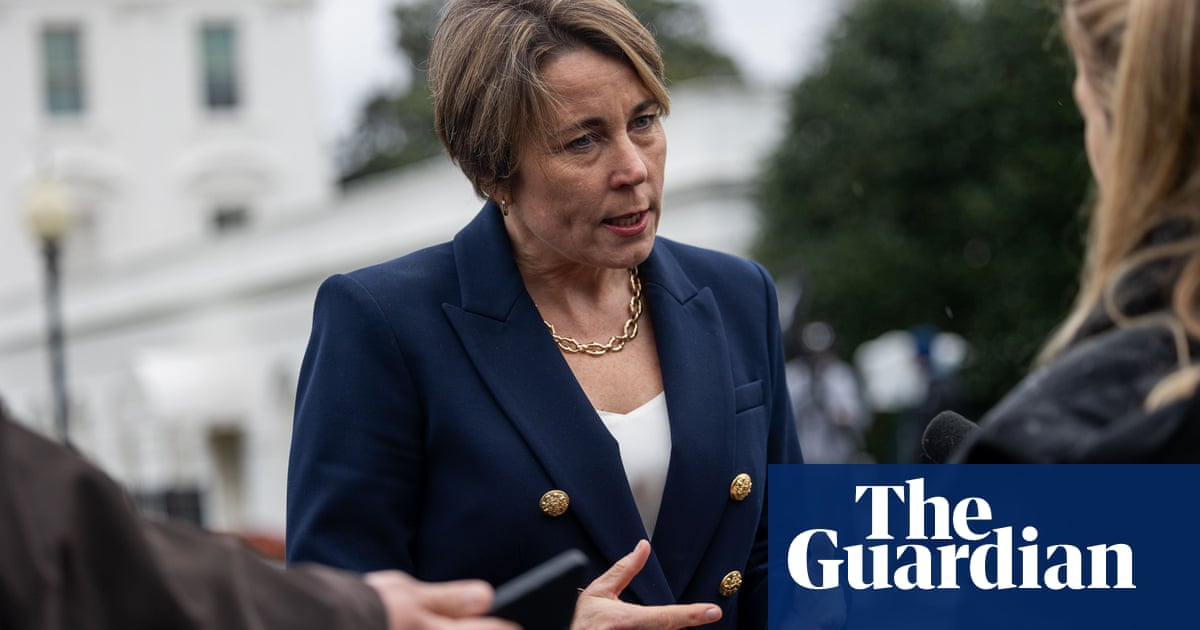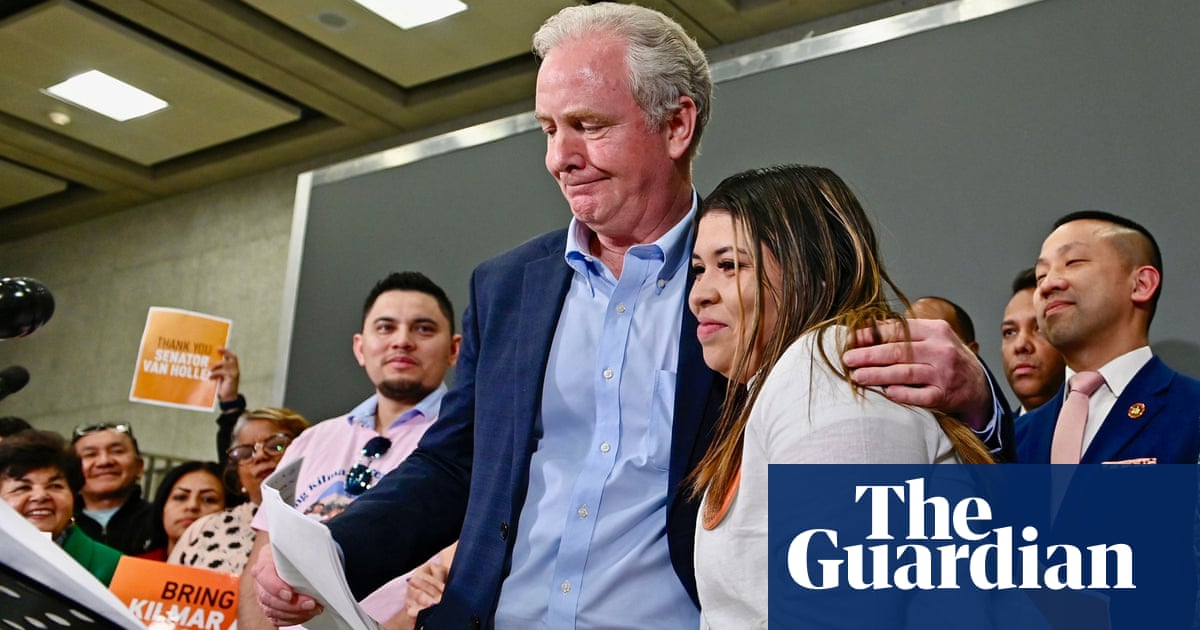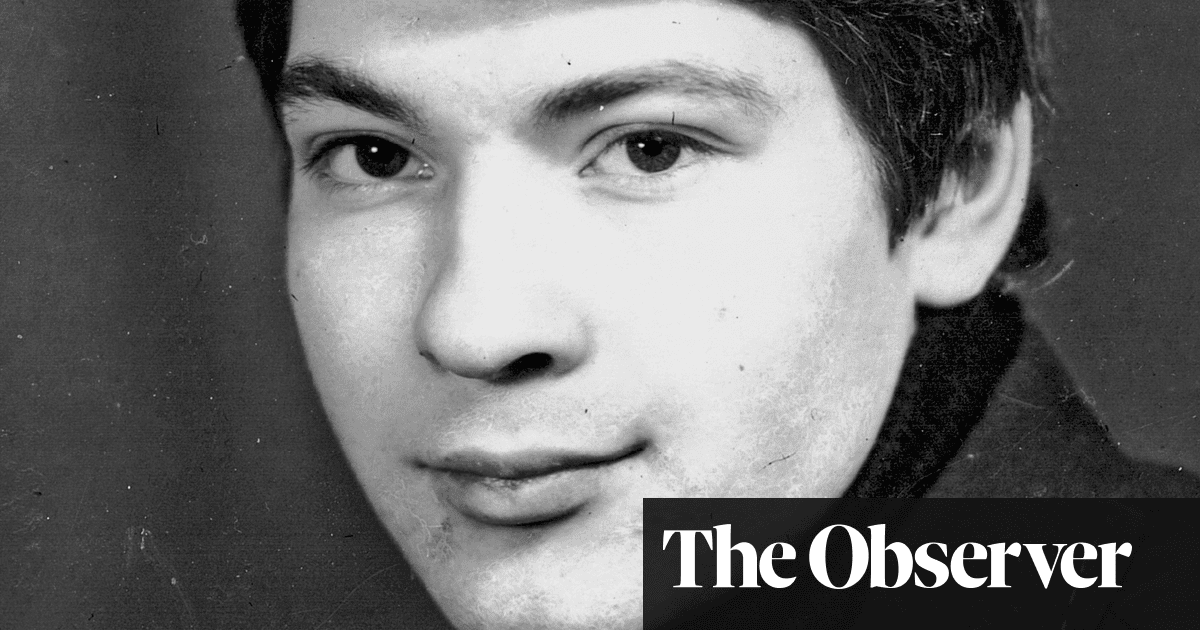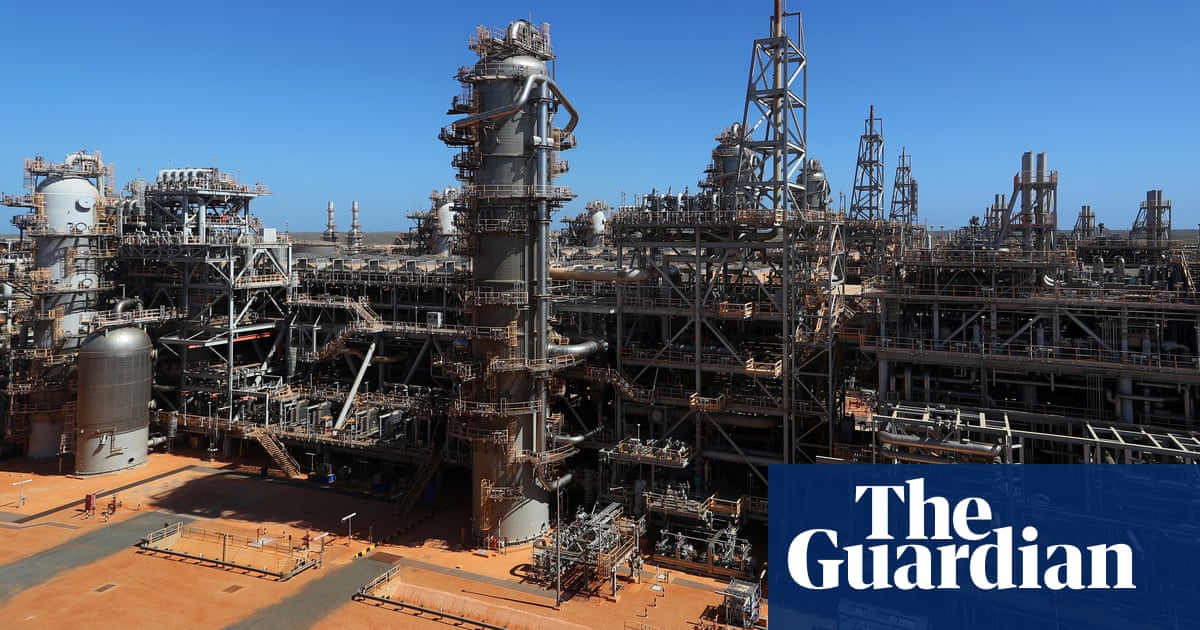Europe has been braced since the US presidential election in November for the challenge posed by Donald Trump’s return, but the threat to European stability has come earlier and appears far more serious than predicted, even by the pessimists.
Trump has already revived his territorial aspirations for Greenland, making clear they were not some bad-taste joke from his first term, but unfinished business which he intended to resolve by whatever means necessary, even military.
Meanwhile Trump’s financial backer and confidant Elon Musk, the world’s richest man, has been using his ownership of the X social media platform to aggressively further the cause of far-right parties in Europe, threatening the continent with the realisation of its ultimate nightmare, the return of fascism, this time abetted from Washington.
Trump’s stream-of-consciousness irredentism in the run-up to his second term has not been confined to Europe. He has mused that Canada should really be a US state, that the US should wrest back ownership of the Panama canal, and that the Gulf of Mexico should be renamed the Gulf of America, and he has warned that his restoration would be accompanied by new tariffs on America’s neighbours.
However, the fallout from Trump’s territorial ambitions is felt most keenly in Europe. Capitals are in a dilemma over how to respond, torn between outrage over the blatant interference in favour of extremists, and anxiety over becoming a focus for Trump and Musk’s personal grievances.
At stake is not just a looming transatlantic trade war with a president for whom tariffs are a first resort. Ukraine and European security are also in the balance. European leaders and diplomats know the war in Ukraine has entered a new phase in which Trump’s brain has become one of the pivotal battlefields as he decides whether to continue to supply US weaponry to Ukraine.
“European countries would like to be able to say: ‘Fine, we will go our way and reduce our exposure to America,’” Elisabeth Braw, a senior fellow at the Atlantic Council, said. “But at the moment Europe needs America for our own protection, and this is the fundamental dilemma that is facing European leaders.”
The Europeans have been seeking to shape the president-elect’s perception of how different outcomes will reflect on him. In particular, they have sought to convince him that his support for a mass giveaway of Ukrainian territory in the name of peace would make him look weak.
With Trump announcing plans to meet Vladimir Putin, “to get that war over with”, the urgency to exert influence over the incoming president has become even more acute, as has the importance of avoiding entering talks about Ukraine’s future at odds with Washington.
Denmark, a Nato ally, has been plunged into a political crisis by Trump’s stated intention to acquire Greenland, and the threat to impose tariffs if he is thwarted. Amid a flurry of emergency meetings with the king and Greenlandic leaders, the Danish government has been careful in the wording of the response.
When the prime minister, Mette Frederiksen, dismissed Trump’s territorial pretensions in his first term as “absurd”, he cancelled a trip to Denmark in response. This week, she offered to talk to the president about the issue, saying his strategic preoccupation with Greenland and the Arctic was “only natural”, and adding that the territory’s fate was a matter for Greenlanders.
The European dilemma is even more complex with Musk, a private citizen, albeit an enormously rich one, who is positioned – for now at least – at the president-elect’s ear, and will be part of the Trump administration, charged with “government efficiency”.
Musk has used X as a megaphone to promote the far-right Alternative für Deutschland party, claiming: “Only the AfD can save Germany”. In a softball conversation with the party’s leader, Alice Weidel, on Thursday, Musk showered her with praise.
It was a direct challenge to the efforts of Germany’s mainstream parties to quarantine the AfD and exclude it from power, in the run-up to crucial elections on 23 February.
Musk’s campaigning on AfD’s behalf looked like a blatant violation of the EU’s Digital Services Act (DSA), adopted in 2022 as a means of regulating tech companies, such as X. In theory, the DSA is a powerful tool that can lead to companies being fined 6% of their global revenue for violations. But X has been under European Commission investigation since December 2023 for infringements of the DSA, including the use of deceptive practices, with no sign so far of punitive action.
Braw said: “It would be ironic if it were not so tragic that just when we thought that we have put instruments in place to try to reduce the risk of interference from Russia, China, Iran and maybe even North Korea, we get friendly fire.”
For the UK – outside the EU and traditionally more beholden to the relationship with Washington – the response to provocations from Trump and Musk has been just as tentative.
after newsletter promotion
Musk has become preoccupied with calling for the British prime minister, Keir Starmer, to be sacked, for a far-right extremist, Tommy Robinson, to be released from jail, and spreading hard-right Islamophobic propaganda to the point, it was reported on Friday, that his social media posts were monitored by the security services.
Musk has disseminated heavily distorted accounts of cases more than a decade old involving the sexual exploitation of girls in northern England by gangs of mainly Pakistani men.
Presenting no evidence, Musk has accused Starmer, who was the director of public prosecutions from 2008 to 2013, of complicity, even though he oversaw the belated prosecutions of the grooming gangs.
Even after Musk described the safeguarding minister, Jess Phillips, as a “rape genocide apologist”, leading her to fear for her life, her fellow ministers have been tentative in response.
David Lammy, the foreign secretary, said he “disagreed” with Musk on the subject, and told the BBC’s Today programme that while he recognised that the billionaire “believes passionately in free speech”, he urged that free speech be guided by “facts and truth”.
One argument being made in Europe is that early clarity about the Trump threat to western cohesiveness is providing the impetus for European capitals to focus on their own security.
“On the eve of a second Trump term, the United States and Europe have rarely appeared so at odds,” a group of European foreign policy experts wrote in the Foreign Affairs journal. “Yet US disengagement will offer Europe an opportunity to stand on its own feet and show the world that it can be a reliable ally in places where the United States starts to fall short.”
Others think this “silver lining” argument is just wishful thinking, given Europe’s limited capacity to manufacture the weapons Ukraine needs, and the continent’s divisions.
“There is a huge variation between these countries,” Braw said. “And with all these tensions with Washington, the underlying differences over what European states stand for and want to achieve will only become clearer.”

 3 months ago
48
3 months ago
48













































